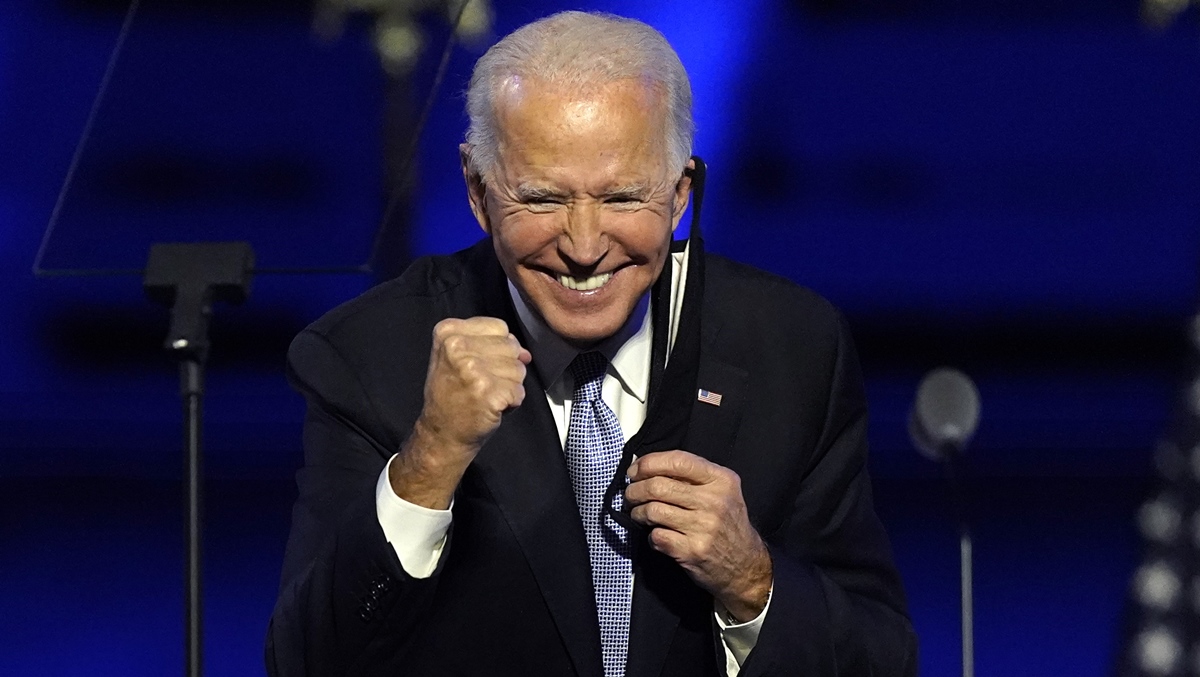Leaders who have risen from the grass roots, capable of speaking in an idiom that voters recognise can win elections.
Written by Mohsin Raza Khan
Any democracy with a weak opposition is seriously ill, because the governing party pays no costs for poor performance and the people suffer. In India, unlike the US, this is exacerbated by the chief executive’s control over the legislature and the winner especially takes all when there are single-party majorities, making the need for an effective opposition even greater.
There are several reasons why the US elections have been so closely fought. First, two professional political machines have exerted every last ounce of cash, effort and strategy against each other, which resulted in a record voter turnout. This shows a level of emotional involvement that is made possible by campaigns invoking issues that speak to people, and ideologies they identify with. This also happened because the candidates have come up through a long process of vetting in the primaries. Primaries are held at every level of the parties, from the presidential nominations to federal and state legislative tickets.
Second, both leaders have tried to connect with the average voter and speak on issues that matter to them. This is a consequence of the fact that American voters in the past few decades, like Indians today, have stopped respecting elites. Ronald Reagan with his folksy wisdom and easy-to-connect jokes delivered in his earnest manner relentlessly pounded the stiff Jimmy Carter over big government and high taxes. The lack of this common touch hurt George Bush Senior against Bill Clinton, a Rhodes scholar with Yale and Oxford degrees, who would speak on issues — poverty, taxes or employment — in a manner that connected emotionally with voters. Sometimes using wit, at other times shedding a tear with a constituent or drawing on his own hard childhood, even speaking with a southern drawl, Clinton spoke to the heart.
As did Bush Junior, whose everyday personality and blue-collar manner eclipsed Al Gore’s upper class staidness. Even President Donald Trump despite being a billionaire was able to convince working class Americans that he is one of them and is working for their interests, picking up issues which matter to them, whether it be trade or immigration. President-elect Joe Biden has made a career by being, pardon the pun, the average Joe.
Third, though it has gone largely unnoticed, the Opposition outspent and outfinanced the incumbent President. Money proved crucial in advertising and social media as well as campaign management and voter turnout and neutralised the advantage of incumbency. This is only the fifth time in 240 years that a challenger has beaten a sitting president in American history.
Cut to India, and the scenario is different. Take for instance, the issue of election finances. Most of the electoral bond financing has gone to only one party, the incumbent. This is partly due to the state’s excessive control on all aspects of economic and political life. Crowd funding or some other sources have to be worked out because, whether it is advertising or social media, party organisation or in person campaigning, cash is king.
Last, even though neither side in the US abandoned its ideology, and this proved critical in bringing out the vote, each party equally focused on bread and butter issues, from employment and the state of economy to the coronavirus epidemic. Some in the Indian opposition intuitively understand this, as Tejashwi Yadav’s emphasis on unemployment in the Bihar election campaign shows. The enthusiasm of the youth at his rallies and the close contest reveal that it worked to a large extent. Yadav spoke in the local dialect and emphasised that his party stands for all castes and religions. Sadly, the Congress, which was ideologically always an umbrella party for all Indians — rich and poor, Hindu and Muslim — does not seem to stress on that inclusive Indian nationalism any more. Some in the party feel that it has to mirror the BJP’s divisive appeal, wrongly attributing the BJP’s popularity solely to that.
The fact is Prime Minister Narendra Modi is trusted by common Indians, who see an honest, well-intentioned man, one of them, in him. This may have been facilitated by the media and expensive brand building. But it’s not all about money, it requires the leader to speak in an idiom that voters relate to. The Congress has failed to focus on bread and butter issues such as employment and economic growth, and argue that its government has fared better than the current one on such parameters. Of course, welfare alone is not sufficient for victory in the new aspirational India. One has to speak of public infrastructure and manufacturing as well.
Leaders with a common touch, like Ashok Gehlot and Bhupesh Baghel, have delivered for the Congress. Perhaps, they need to be leading the party from the front, including at the Centre. And the party needs to bring more such leaders from the grass roots to the forefront.
The writer is associate professor, Jindal School of International Affairs, OP Jindal Global University
Source: Read Full Article


